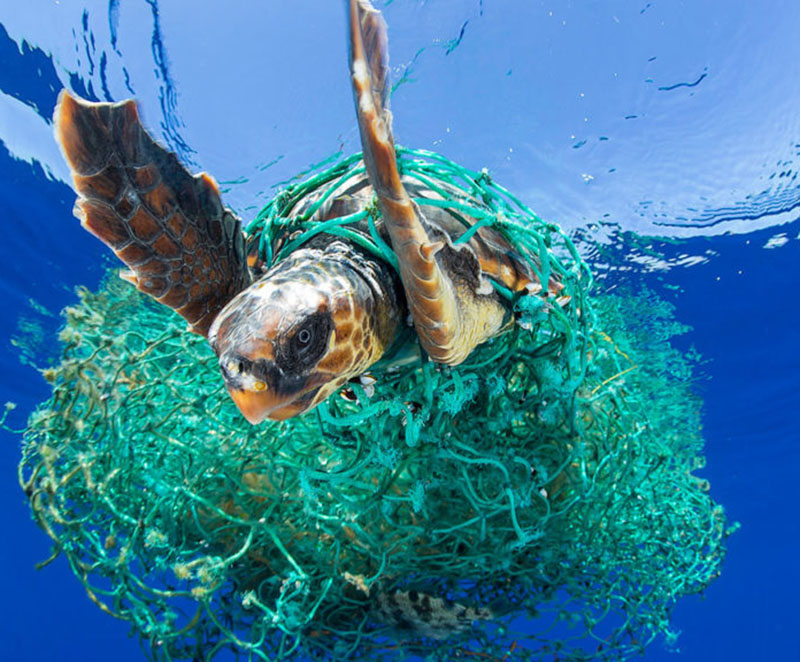
The Background to the Decision
Since industrialization, humans have had a remarkable capacity to alter and change our environment on a large scale.
To facilitate the growth of industry, we have allowed companies and other organizations to pollute the environment indiscriminately with no regard for the people, creatures, and nature that have been impacted.
In most regards, we think of pollution as the toxic air spewed from industrial plants into our atmosphere. While that is a problem, make no mistake about it, there are other problems that rapid industrialization has had on our world.
One of those is plastic pollution, the byproduct of cheap disposable products wrapped in material that the environment cannot break down easily.
While some moves by industry have seen eco-friendly plastics being used in mass production, these examples are few and far between, to the dismay of eco-friendly citizens worldwide.
In some countries, though, that appears to be shifting. Recently a coalition of governments has pushed through legislation for new plastic recycling rules in Australia, forcing companies to take serious measures to curb their output of non-biodegradable plastic products.
How do the new Plastic Recycling Rules in Australia work?
The decision to impose new plastic recycling rules in Australia was made at the first meeting of federal and state environmental ministers in Sydney on Friday, June 9th. Tanya Plibersek, the federal environment minister, said that the “historic agreement” meant packaging would be “subject to strict new government rules.”
The new rules include the following:
- A ban on single-use plastic bags.
- A ban on selling disposable coffee cups made from expanded polystyrene (EPS).
- A requirement for all plastic packaging to be recyclable or compostable by 2025.
- A requirement for all plastic packaging to be labelled with clear information about its recyclability.
According to a communique released after the agreement, the new plastic recycling rules in Australia would shift the country towards a more circular economy, with the rules addressing three specific areas: packaging design, outlawing harmful chemicals and plastics, and harmonizing curbside plastic recycling.
These decisions were made in the backdrop of the goals Australia has set in regard to plastic recycling. The Australian government has said that the new rules will cost the economy $1.1 billion over the next ten years, but the benefits of reducing plastic waste outweigh the costs.
As per the voluntary model that Australia has right now, only 18% of plastic is recycled in the country, far short of the 70% goal by 2025 that it has set.
Many have come out supporting this move; the Boomerang Alliance, a coalition of 55 environment groups, stated that this was the first “substantial and meaningful step” to address plastic waste in over 20 years.
It’s not just environmentalists that are lauding this decision, as major companies such as Nestlé, Coca-Cola, and Unilever have all come out in support.
For the People, by the People.
Serious change needs to be made in order to address the problem of plastic waste pollution worldwide. While it would be nice to believe that companies would willingly make the decision to cut back and recycle on their own, the reality is that it isn’t in their best interest to do so.
These programs cost money, and the incentive for shareholders is to increase profits no matter what. Government regulations will force these companies to accept the new way of doing things as simply a cost of doing business, thus ensuring that the people’s best interest is upheld as a primary objective.
Ultimately, this is what governments are for, and hopefully, with the example of these new plastic recycling rules in Australia, this action will spur other governments in other countries to make similar decisions.
Source Happy Eco News




